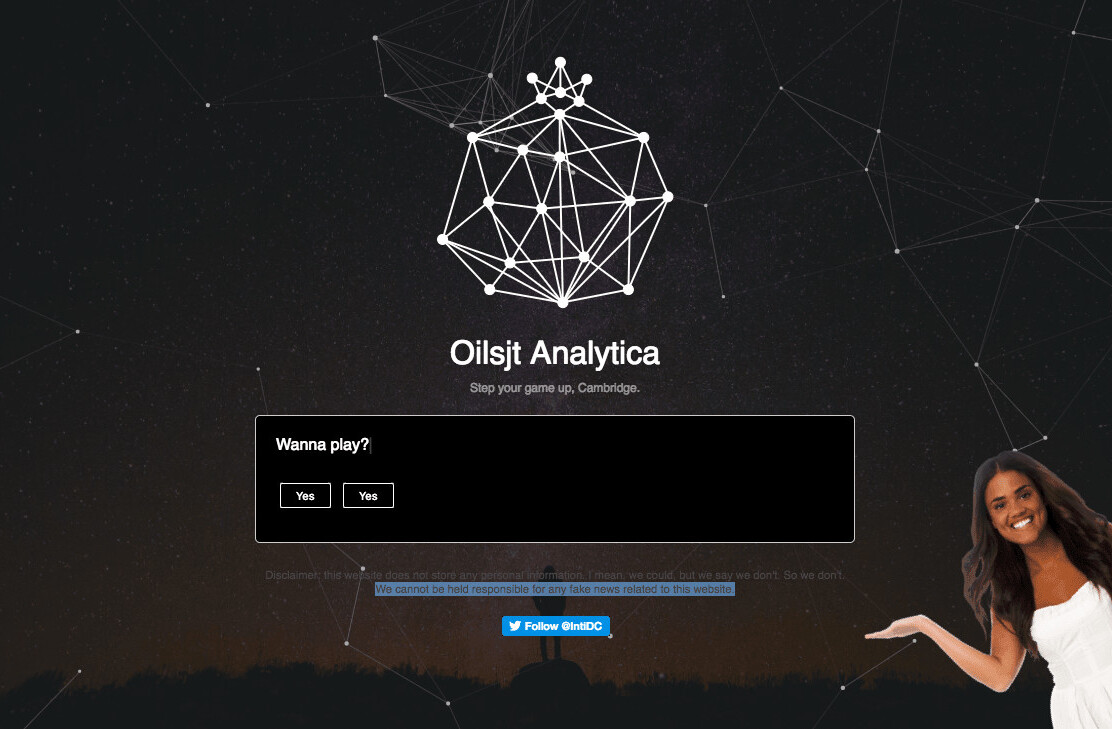
The worlds of sales and marketing are undergoing a significant paradigm shift. The days of ‘pitching, closing, and presenting have come to an end.’ As buyers become more empowered—and knowledge oriented—in their decision-making processes, businesses are taking on new roles as educators.
From sales to engineering, marketing, product development—and every function in between—the most successful organizations are invested in helping their customer bases learn. Success boils down to the field of psychology. Here are 5 principles that illuminate how human beings learn:
1 – When it comes to the ability to learn, process is everything
For years, human intelligence was assessed as a function of concentration, memorization, and ‘natural’ capabilities—in other words, people are either smart or they’re not. As author Annie Murphy Paul writes for Time, however, perceptions among scientific communities are changing. She breaks down some of the most important emerging concepts in ‘learning’ psychology.
-
The idea of a ‘fixed measure of intelligence’ is obsolete; rather, the ability to learn is a process.
-
Everyone has the potential to learn effectively.
-
Learning happens everywhere—in the workplace, at home, and outside of academic walls.
Takeaways for organizations:
There is a strong opportunity for businesses to establish themselves as educators through content marketing, customer success training programs, and community events. Rather than targeting leaders and executives, these programs should empower learners across the organizational spectrum.
From a sales perspective, especially, it’s valuable to reach junior-level specialists who are hungry to join the ranks of management and the c-suite. Build connections early for returns—through a mutual exchange of value—down the road.
2 – We’re influenced by our own thoughts and experiences
Sales leaders, especially, will place strong emphasis on the value of ‘influence’—and often, they’ll equate this idea with the ability to guide audiences towards a decision. Researchers have found, however, that there’s more to the ‘influence’ equation than what people absorb from the world outside. Dr. Christopher L. Heffner elaborates upon this concept in an article for AllPsych
“Perhaps the most well known Behaviorist is B. F. Skinner.. Skinner followed much of Watson’s research and findings, but believed that internal states could influence behavior just as external stimuli. He is considered to be a Radical Behaviorist because of this belief, although nowadays it is believed that both internal and external stimuli influence our behavior.”
Takeaways for organizations:
One of the most important ways to educate—and influence—audiences is to understand them. From your community’s perspective, empathy will be more valuable than a perfect sales pitch. The best way to communicate your brand’s value is to uncover what your audiences care about—and what they are already thinking.
3 – Human interest makes memories stronger
The language of business is often the polar opposite of casual, engaging, and fun. Often centered around time, efficiency, and money, educational materials like guides or whitepapers can be stale or disengaging.
As one report from the Journal of Applied Psychology points out, humor and laughter make team interactions stronger. Researchers found that in addition to improving team performance, humor helps people retain information better.
“It is often the shortest pipeline to memory banks,” says Lynn Taylor of Psychology Today.
Takeaways for organizations:
You don’t need to be a master comedian to be funny—just let your guard down every once in a while. People like to do business with other humans, and if your documentation reads like a textbook, you’ll risk losing your audience’s attention. Be fun, casual, and humorous for stronger connections.
4 – Choices can paralyze decisions
Decisions can feel stressful—especially when there are a range of options available, and it isn’t clear which one is ‘right.’
In his book The Paradox of Choice: Why More Is Less, psychologist Barry Schwartz introduces the idea that too many choices can be a bad thing and that for the average person, even the smallest decisions can feel overwhelming. As the number if available choices grows, so does the experience of feeling overloaded.
Takeaways for organizations:
Choice isn’t necessarily a bad thing. Customers want solutions that they can adapt to their specific needs. What’s important, however, is that every presented option comes with structure and guidance. Don’t just give your prospects a blank slate—instead, offer suggestions that align with their particular use cases.
Final thoughts
Empathy is the crucial connection between the points mentioned above. If businesses want to help their customers succeed, they need to be ready to teach—and the best teachers are individuals who have a strong understanding of how their audiences learn. While the ideas mentioned above are a great starting point, it’s crucial to source feedback, build upon existing processes, and look for areas to adapt and grow.
Read Next: The psychology behind Web browsing
Image credit: Shutterstock
This post first appeared on Hirevue.
Get the TNW newsletter
Get the most important tech news in your inbox each week.








